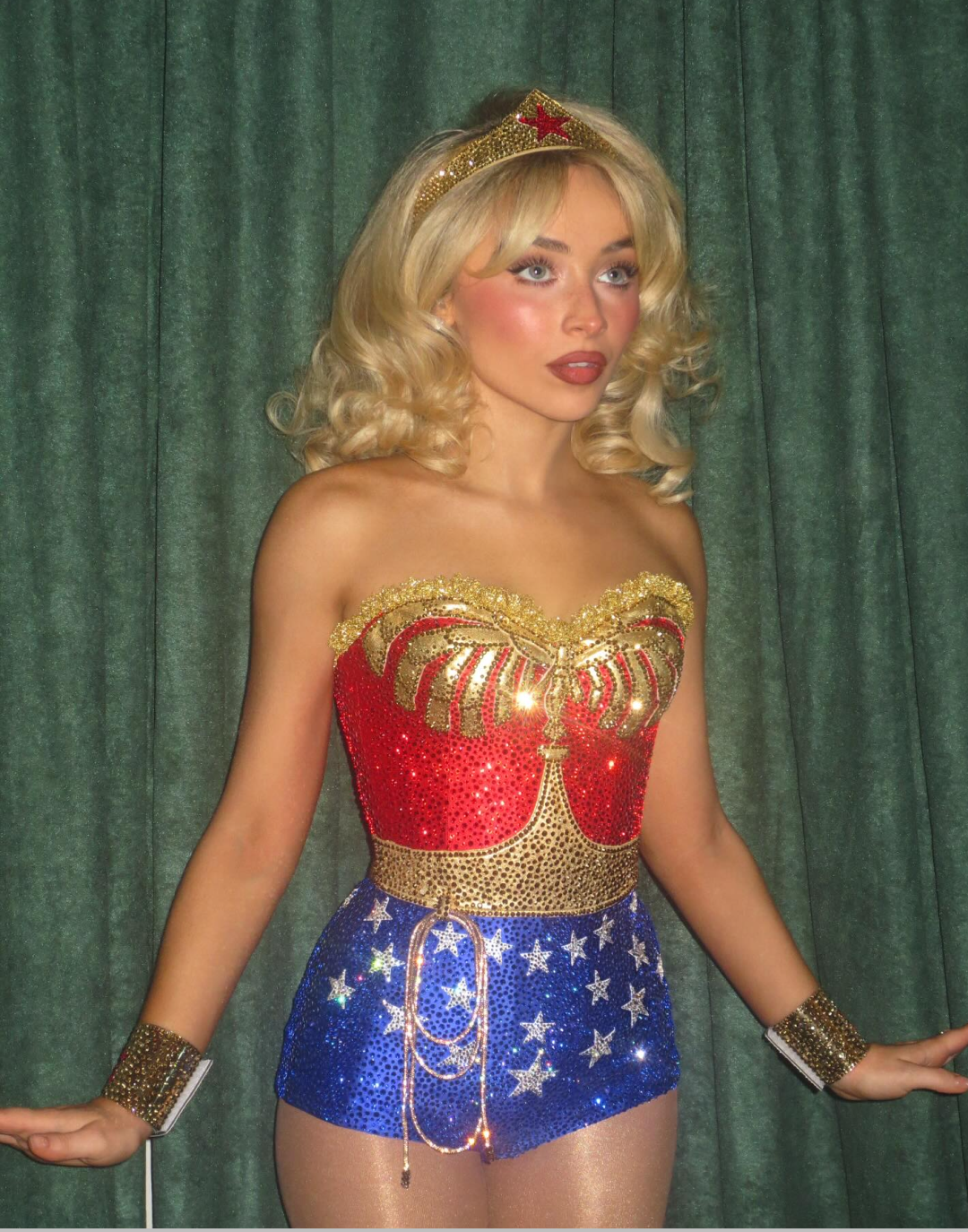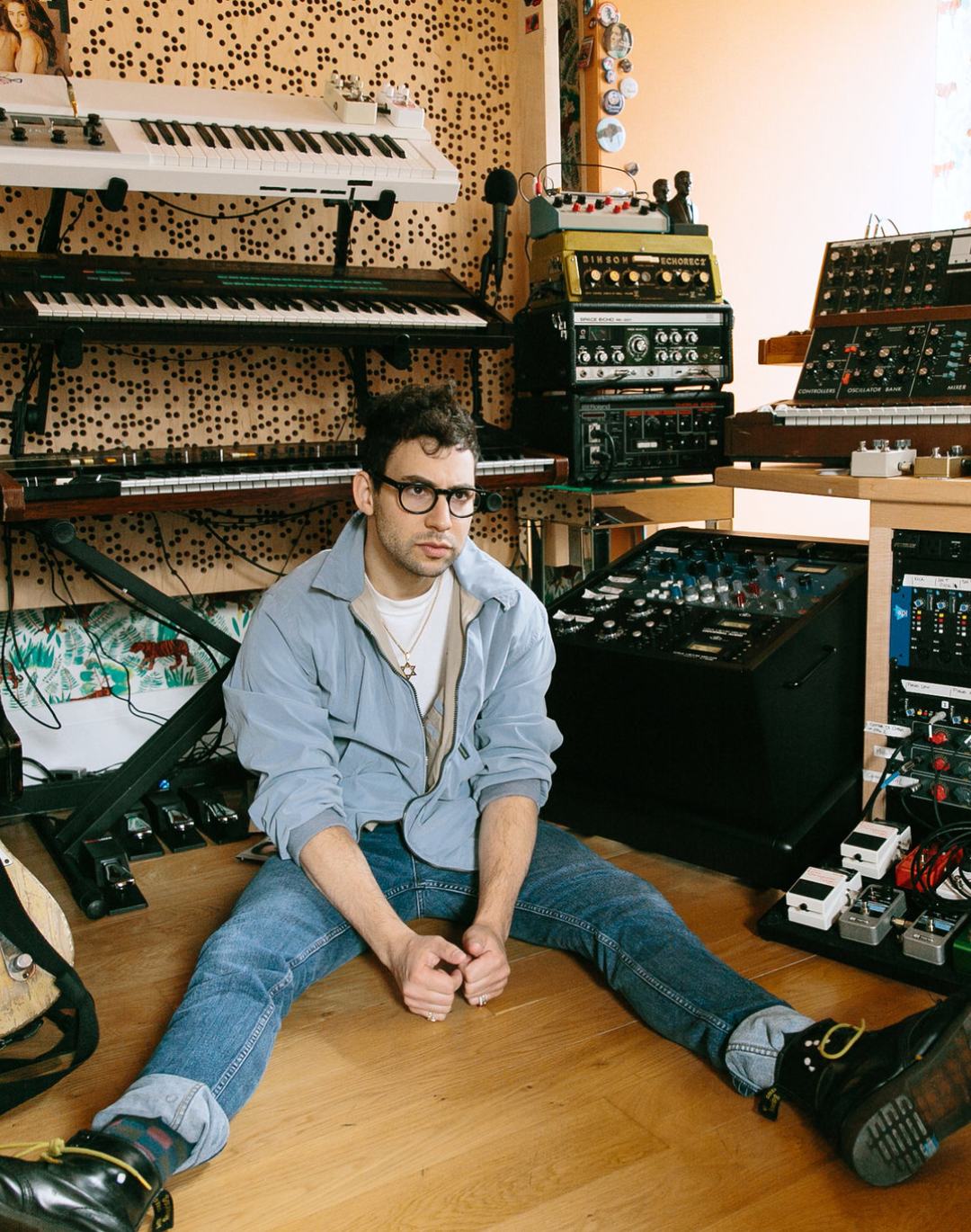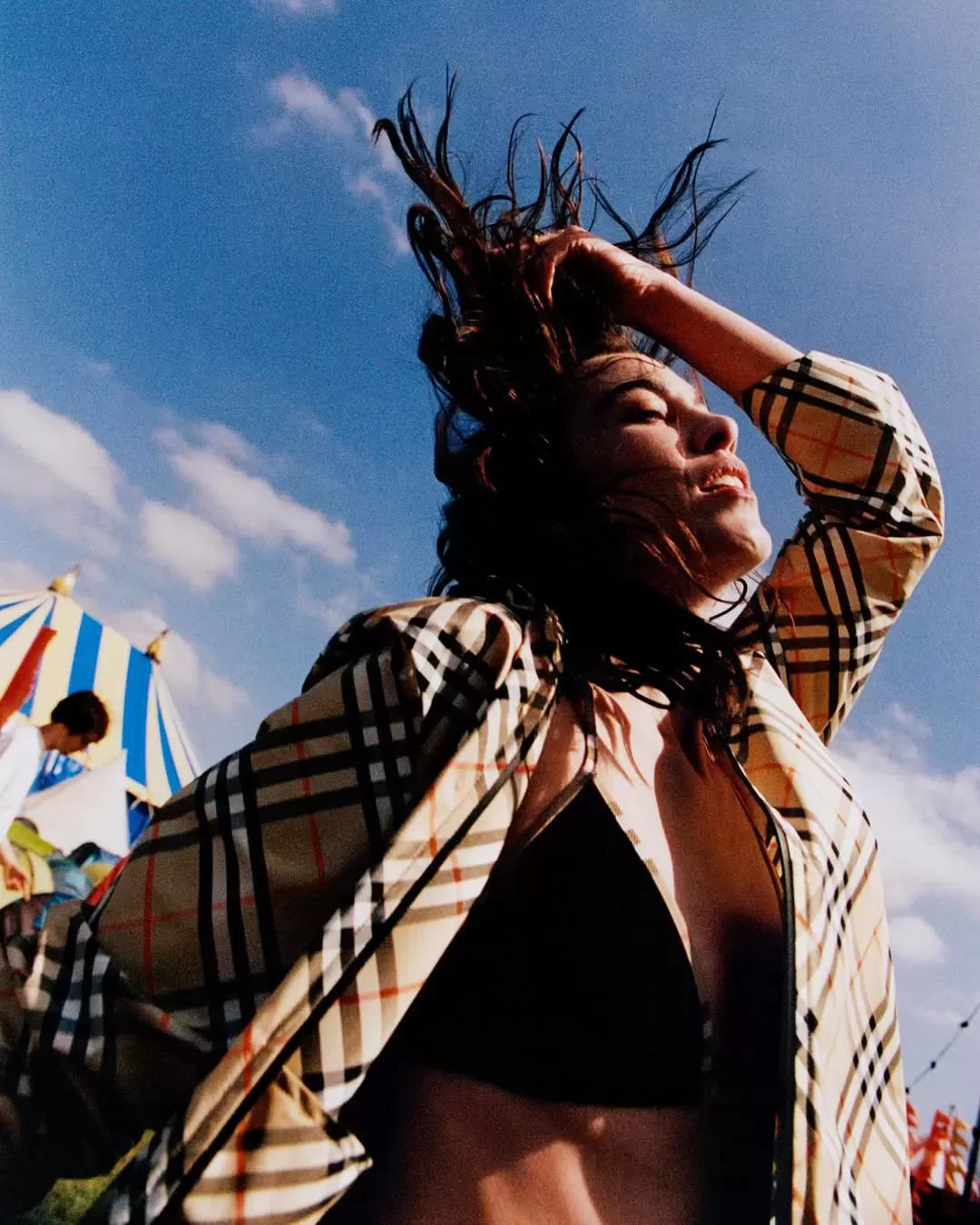
Are we tired of encores at concerts? There are now a great many musicians who consider this practice to be a farce
In 2008, the promoter of Bruce Springsteen's concert at San Siro ended up in legal trouble because the 11:30 p.m. deadline, imposed by municipal regulations as the conclusion of the show, was not respected in order to ensure the tranquility of the inhabitants of the area. The concert ended at 11:52 p.m. «Three encores by the singer are too many even for typical Italian tolerance,» said the prosecution. In recent times, however, the practice of encores at concerts has become less and less popular. As the Washington Post reports, certain groups and fans are tired of the ceremony, which today would be seen as more of a farce. «They embarrass me; they're so forced,» said Stefan Babcock, frontman of the power punk band Pup, referring to post-concert encores, which his group has stopped allowing: «We're pretty self-effacing, and it was weird for us to leave the stage expecting then to be flattered by the audience to come back.» The encores «probably came about with the right intention, with the band playing what they wanted to play» -Babcock continues- «but when encores are inserted into the show because people expect it, it smacks of hypocrisy. If a band doesn't do encores, people take that as an affront.»
Shortly before the concert ends, Babcock-as others sometimes do, including in Italy (e.g. Any Other) - explains briefly to the audience that there will be no encores, and that the show will end with the last scheduled song. According to him, this is also a form of respect for the fans, which «does not waste the time of people who came for the concert, but at some point want to go home.» Recently, rock groups Afghan Whigs, Broken Social Scene, and The Chicks have taken similar positions, as has singer-songwriter, Maggie Rogers. The latter usually used to take advantage of the encore to play some of her best-known songs, such as an acoustic version of "Alaska," but then she questioned whether the audience really appreciated these theatrics, and on Instagram, she asked fans if there was really a need to repeat herself after her concerts ended. And again: the frontman of the rock band Gaslight Anthem, Brian Fallon, took care to warn audiences on Twitter not to expect the exiting the stage part during shows. Fallon added that technically his band does encores, «we just skip the part where we leave the stage and then come back because in that time we might as well do another song. I'd rather give an extra song to people who pay to see us.»
Just to be clear - I guarantee you I will talk, will probably talk some more, will play a song, will then talk more, will not do an encore, and I will definitely talk. Also will be happy you are there. Also will talk. Oh and no encore. And talking.
— Brian Fallon (@thebrianfallon) June 3, 2021
Josh Gondelman, comedian and screenwriter compares encores to «the scene everyone expects in a Marvel movie after the credits,» which used to be a «unique and funny thing,» whereas now we wait for it «because otherwise, the experience would not be complete.» For many, encores interrupt the flow of the concert, and rather it is preferable to simply have longer concerts. Grimes, the Strokes, and the Foo Fighters have been advocating this for years («We don't do encores,» Dave Grohl often anticipates to the audience. «We go straight to the end and fuck off»). «For the audience, the encore has no more secrets,» claims Max Collins, frontman of Eve 6 and BuzzFeed columnist. «I can't understand how encores survived the 1990s with bands criticizing the politics of showbiz.» More often bands toward the end of the concert introduce a surprise guest to "recharge" the audience, as Eve 6 themselves did in New York, when with three songs to go Patrick Stickles of the rock band Titus Andronicus joined them on stage to play the song "Promise." Calibro35 did the same in Italy on their 2020 "Momentum" album tour. For many fans, this seems to be the right fit. «It seems more honest and straightforward to me to give the audience the best of shows without much ceremony,» says Jay Siegan, a club manager and promoter who has worked with artists such as Celine Dion, Weezer, and Imagine Dragons. «Why would it be so wrong not to leave them wanting? To me, it's rejuvenating when an artist gives their soul on stage and then runs away. That's rock & roll.» Alternatively, fans argue, the encore should really be a special event, like when in Los Angeles in 1991 Metallica-after a two-hour concert and encore-returned to the stage more than 20 minutes after the lights went on in the forum, to play a few more songs as a gift to the few remaining fans. «It was the most incredible thing I've ever seen in my life,» recalls folk-rock singer-songwriter Matt Nathanson. «That's the way to do it!»















































